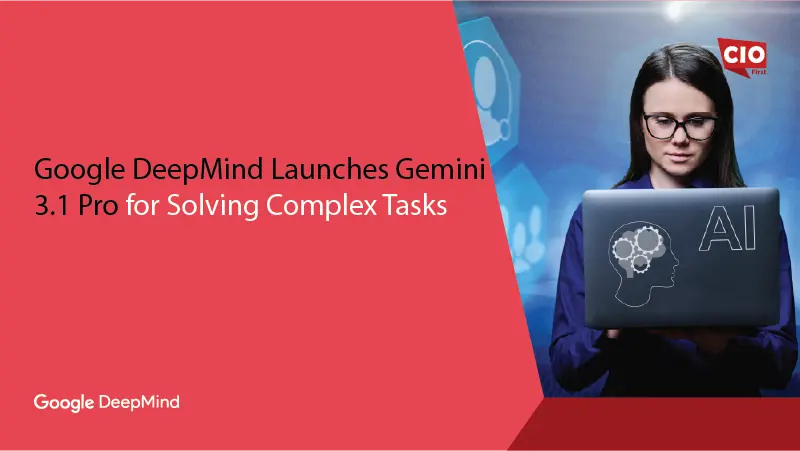Data and AI leader SAS has made SAS Decision Builder, a cloud-based intelligent decisioning solution, available in private preview on Microsoft Fabric. Created from SAS’ leading intelligent decisioning capabilities, SAS Decision Builder workloads will help customers make better, faster and more secure decisions by compiling multiple artificial intelligence models, rules and procedure logic into a composite workflow.
This is a critical step for organizations looking to maximize their return on their analytics investments with AI-automated decision making. SAS Decision Builder is a new Microsoft Fabric workload that streamlines the analytics life cycle by enabling customers to design, integrate and deploy models and decisions. With easy access to data from Microsoft Fabric OneLake, users can test, modify and run decisions all within the Fabric environment to adjust to changing market landscapes and meet their unique business needs.
“By deeply integrating aspects of our intelligent decisioning solution into Microsoft Fabric, we’re delivering a cohesive experience for customers where they can utilize key capabilities like Power Automate Workspaces, OneLake for reporting or other tools in concert with SAS Decision Builder to complete their decisioning lifecycles,” said Shadi Shahin, Vice President of Product Strategy at SAS. “We’re making it faster and easier for customers to connect across shared workspaces and deliver decisions that generate real results.”
Native integration fuels seamless experiences
With SAS Decision Builder workloads on Microsoft Fabric, business analysts and domain experts can access decision flows, design business logic in an accessible low-code editor and use machine learning, large language models (LLMs) and more to manage and complete the decisioning lifecycle. The solution expertly fuses with Fabric’s machine learning capabilities, allowing users to tap into existing model building pipelines to deliver actionable decisions. Additionally, SAS Decision Builder’s governance features help responsibly manage decision flows securely and comprehensively. With clear visibility into how rules are developed, users can track data flows and see exactly how decisions are reached.
“We have opened up our Fabric platform to allow our partners to bring their own native experiences to our customers. Everyone from data analysts and scientists to business users will be able to leverage these decisioning capabilities on Microsoft Fabric,” said Ditpi Borkar, Vice President and General Manager, Azure Databricks, Fabric Strategic ISVs and Data Dev Experiences at Microsoft. “Fabric users will be able to access an entire set of workloads, from Power BI to SAS Decision Builder, empowering them to be more productive, deliver faster insights and make better decisions.”
AI-powered insights improve customer outcomes
The integration also extends to Azure AI Services, with SAS decision intelligence supporting key generative AI elements like LLMs directly within a decision flow. Combining LLMs’ ability to analyze complex data sets across numerous industries with predictive AI widens the data pool for users to run scenarios, analyze outcomes and deliver personalized customer experiences.
For example, the combination of decisioning and AI capabilities can arm call center employees in customer service with unique responses and directives to address individual customer needs. In financial services, credit companies can leverage SAS Decision Builder workloads to deliver next best offers in real time on various platforms. Lenders can use the solution to streamline the decision process for loan approvals.
Furthermore, SAS Decision Builder workloads can help combat fraud and aid in authorization processes. IT professionals can leverage LLMs within the solution to help protect their companies from phishing scams by developing tools that analyze and identify questionable emails. This in turn can help organizations improve security, reduce costly data breaches and increase compliance in highly regulated industries.
SOURCE: PRNewsWire
























